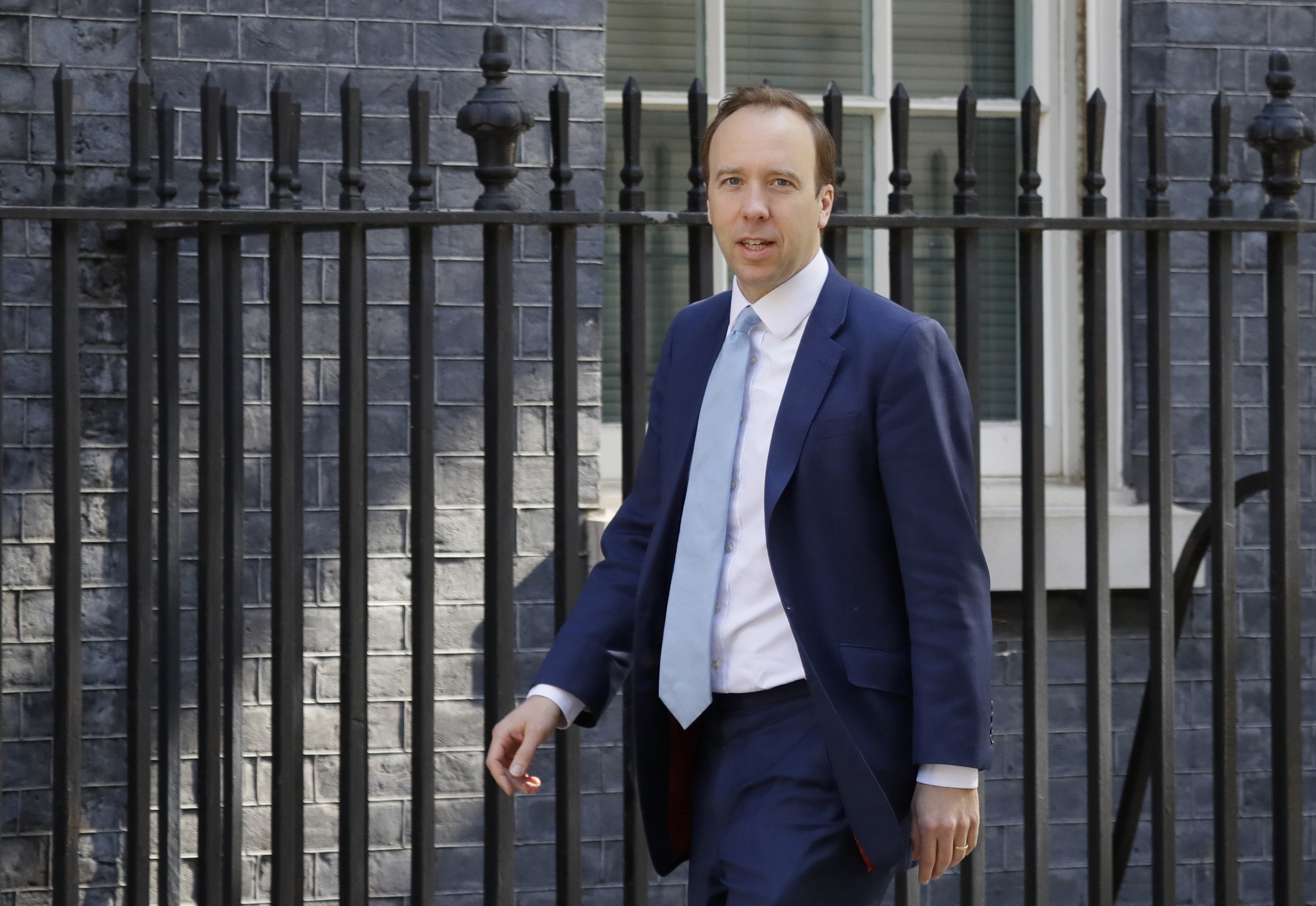A report by Public Health England into the disproportionately high death toll from Covid-19 among the ethnic minorities that was urgently ordered by Boris Johnson government’s reveals that by May 13, at least 746 Indians had died from the disease.
For Pakistanis the figure is 746 and for Bangladeshis 182.
The toll was 713 among people of Caribbean origin, while it was 439 for Africans. Among whites, the toll was 22,880. The review was launched last month to analyse how factors such as ethnicity can impact health outcomes from Covid-19.
Publishing the review, “Disparities in the risk and outcomes of Covid-19”, health secretary Matt Hancock told the Commons: “Black lives matter, as do those of the poorest areas of our country which have worse health outcomes, and we need to make sure all of these considerations are taken into account, and action is taken to level up the health outcomes of people across this country.”
The PHE report says the “relationship between ethnicity and health is complex and likely to be the result of a combination of factors”.
For example, BAME (Black, Asian and Minority Ethnic) people are likely to be at increased risk of acquiring the infection because of the fact that they are more likely to live in urban areas, in overcrowded households, in deprived areas, and have jobs that expose them to higher risk, the study says.
The PHE report shows that, after accounting for the effect of sex, age, deprivation and region, people of Bangladeshi ethnicity have around twice the risk of death than people who are white British.
Those of Chinese, Indian, Pakistani, Other Asian, Caribbean and Other Black ethnicity have between a 10 per cent and 50 per cent higher risk of death when compared to white British.
Obesity and conditions such as Type 2 diabetes also increase the risk of dying from Covid-19, regardless of ethnicity. However, diabetes is common among Indians.
The study also found that men working as security guards, taxi drivers and chauffeurs, bus and coach drivers, chefs, sales and retail assistants, lower skilled workers in construction and processing plants, and men and women working in social care, had significantly high rates of death from Covid-19.
Public Health England explains that it “exists to protect and improve the nation’s health and wellbeing and reduce health inequalities”.
It does this “through world-leading science, research, knowledge and intelligence, advocacy, partnerships and the delivery of specialist public health services. We are an executive agency of the department of health and social Care”.
With most diseases, blacks and Asians fare better because there are many young people in these communities. But with Covid-19, “people from Black ethnic groups were most likely to be diagnosed. Death rates from Covid-19 were highest among people of Black and Asian ethnic groups. This is the opposite of what is seen in previous years, when the mortality rates were lower in Asian and Black ethnic groups than White ethnic groups.
“Therefore, the disparity in Covid-19 mortality between ethnic groups is the opposite of that seen in previous years.”
The PHE report looked at the excess deaths — that is the number of deaths that is above the average for this time of year.
“Overall, the model suggests there have been 43,941 excess deaths among the White group, 2,301 Black, 3,083 Asian, 385 Mixed and 1,038 in the Other ethnic group,” it says. “Deaths in Black males were 3.9 times higher than expected in this period, compared with 2.9 times higher in Asian males and 1.7 times higher in White males. Among females, deaths were between 2.7-2.8 times higher in Black, Mixed and Other ethnic groups in this period, compared with 2.4 in Asian and 1.6 in White females.”
Stressing one of its main messages, the report says: “Diabetes was mentioned on 21 per cent of death certificates where Covid-19 was also mentioned.
This finding is consistent with other studies that have noticed a higher risk of death from Covid-19 among patients with diabetes.
“By age, the percentage was highest in males aged 60 to 69, was higher in all BAME groups than the White group and was 43 per cent in the Asian group and 45 per cent in the Black group.”
The same inequalities were seen for hypertensive disease. Several studies, although measuring the different outcomes from COVID-19, report an increased risk of adverse outcomes in obese or morbidly obese people.”
Commenting on the report, Marsha de Cordova MP, Labour’s shadow women and equalities secretary, said: “This review confirms what we already knew – that racial and health inequalities amplify the risks of Covid-19. Those in the poorest households and people of colour are disproportionately impacted.
“But when it comes to the question of how we reduce these disparities, it is notably silent. It presents no recommendations. Having the information is a start – but now is the time for action.
“The government must not wait any longer to mitigate the risks faced by these communities and must act immediately to protect BAME people so that no more lives are lost.”










